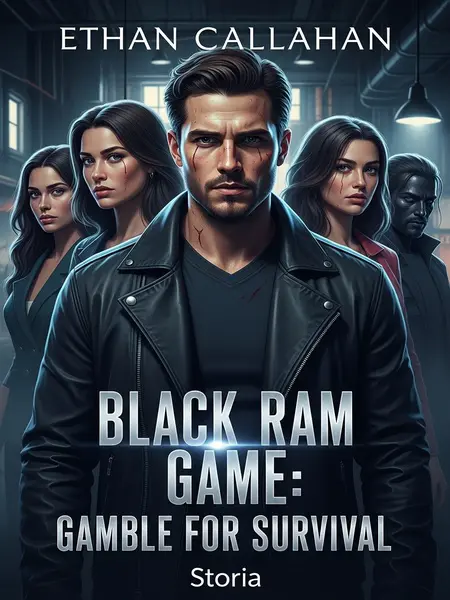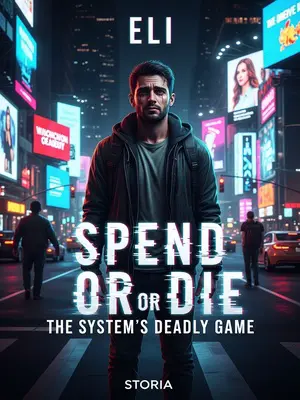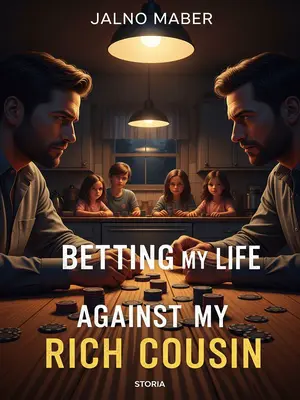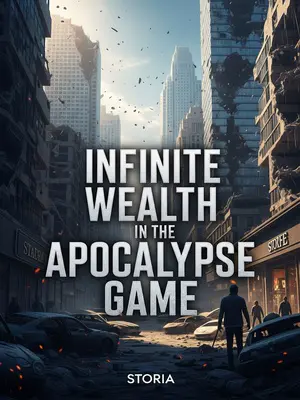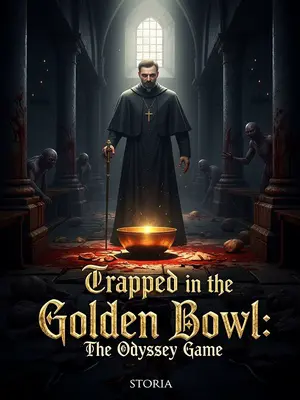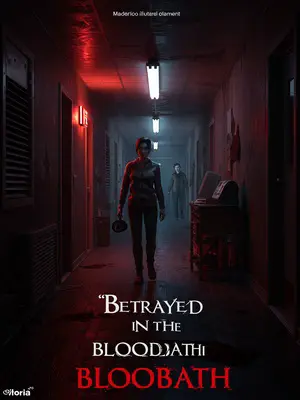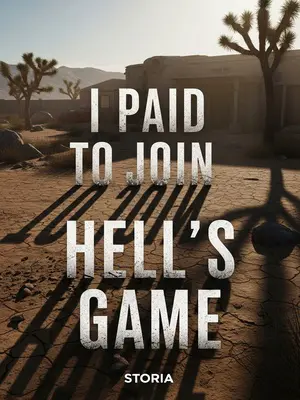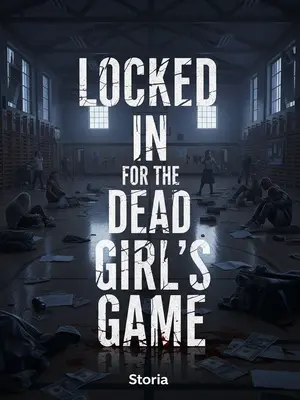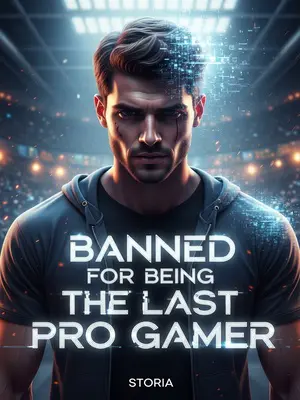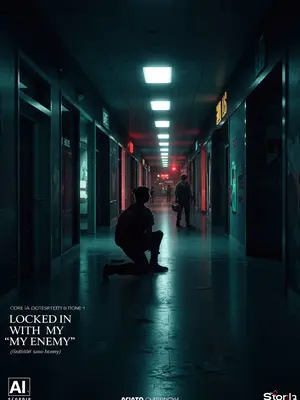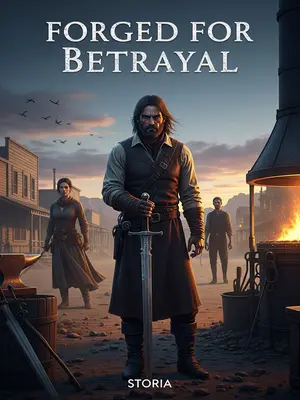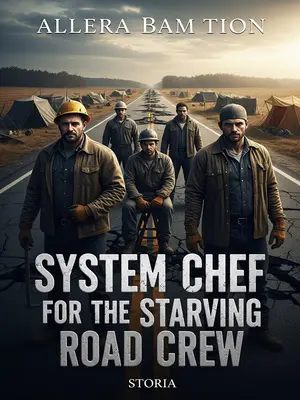Chapter 1: The Invitation
I hesitated for a few seconds, my thumb hovering over the screen as my pulse hammered in my ears. My breaths came shallow, the cold plastic of my battered iPhone 11 pressing against my skin. The weight of what I was about to do felt like a stone in my chest. Still, I tapped "Yes" in the lower left corner. The decision settled heavy in my gut. The soft click of the touchscreen seemed to echo through the silent room, louder than it should, amplified by the faint hum of the refrigerator and the distant sound of a neighbor’s lawnmower outside.
After submitting, I glanced down at my left hand—my ring and pinky fingers had been severed clean at the base, the skin puckered and pale, the scars shiny and hard. I flexed what was left, feeling the odd, uneven texture and the phantom ache that never quite faded. I let out a bitter laugh that sounded more like a cough; that was the price I paid for losing the last time I played this game. A flash of memory—blood on the kitchen floor, the sickening snap—made my stomach turn.
Just after taking on a $180,000 mortgage—a three-bedroom in the suburbs with a worn recliner in the living room and a stack of mail piling up on the counter—I got laid off. The email hit at 6:30 AM, right before sunrise. My coffee tasted like ashes, and the smell of burnt toast mingled with the hum of the old appliances, grounding me in the bleakness of a typical American morning.
Staring at my bank account balance, my stomach dropped. The numbers on the screen seemed to shrink with every breath, and my hands shook as I gripped the chipped mug. The fridge hummed, filling the silence of a house too big for one person, while outside, the neighbor’s mower droned on.
No income—how was I supposed to pay next month's mortgage? The calendar on the wall mocked me with its red Xs. Halloween was coming up, but the only thing scary was my bank balance.
Those news stories about people defaulting, having their homes repossessed, and still owing the bank thousands weighed heavily on my mind. The local paper had run a feature last month about a family forced to move into a Motel 6 off Route 22. I remembered the little girl clutching a battered stuffed bear in the cracked parking lot.
I stubbed out my Newport cigarette in a chipped coffee mug, the acrid smell lingering in the air and on my tongue. I thought for a moment about quitting, but old habits die hard. Finally, I made up my mind. I opened an app on my battered iPhone 11 that I hadn’t touched in ages, my thumb trembling just a bit.
A black ram’s head with a strange, almost hypnotic aura appeared on the screen, its eyes gleaming with wicked intelligence—like something off a college football mascot poster or a horror movie DVD.
"Hey Ethan Callahan. It’s been 578 days since you last played. Welcome back to the Black Ram Game." The greeting felt cold, clinical, and just a little too personal—like an algorithm that knows you better than your own family.
"This round has 20 players. First prize: $3 million USD. Last place penalty: $1 million USD. Would you like to participate?" The words pulsed on the screen, almost daring me to back out.
I hovered for a moment, thumb sweating, then pressed "Yes" in the lower left corner. My hand shook slightly, but the resolve was there. The commitment felt final.
As soon as I registered, my phone buzzed with a text, the vibration sharp against my palm:
"Players, please gather at 52 Maple Heights Lane, at 6 PM on October 13th." The address was familiar—tree-lined streets, Teslas in every driveway, old money living next to tech startup founders.
I turned off the screen and wiped my face, my bloodshot eyes aching. The bathroom mirror reflected a man who hadn't slept in days, suit wrinkled, jaw stubbled, a casualty of American work culture and unemployment stress.
The Black Ram Game—a twisted pastime for a circle of wealthy degenerates. Every round has a different theme, but they’re all mentally taxing and cruel. The kind of thing you only hear about in hushed bar conversations or on Reddit threads that vanish overnight.
Each round rarely has more than thirty players. Those who join are the most hardcore gamblers—the high rollers who’d risk anything for a shot at real money.
Win, and you get money; lose, and you lose organs or limbs. The rules were always clear, but never fair. Vegas odds with a side of horror.
Of course, there are professional players, too. They have teams, analyze the rules, find loopholes, and exploit every advantage to secure victory in advance. It’s like Wall Street, but with blood and shady backroom deals.
If you run into them, you can only count yourself unlucky. There’s no insurance policy for this kind of loss—no FDIC for body parts.
These professionals are known in the circle as "Hunters."
The first time I played, I ran into a Hunter—and lost two fingers. The memory still made my hand ache, especially on rainy nights when the pain felt like punishment.
But what choice did I have?
I let out a bitter laugh. If I miss next month’s mortgage, the bank will sue me, and I’ll be saddled with tens of thousands in legal fees. I pictured the courthouse, the stiff suits, the judge barely looking up from his Starbucks.
Thinking about returning to that terrifying game, I realized I wasn’t even nervous or afraid anymore. Maybe I’d finally run out of fear—my body numb, running on empty.
Because this time, I’d made up my mind: either win and change my fate, or lose everything. There was no third option. This time, I’d either win—or lose more than I ever imagined.
